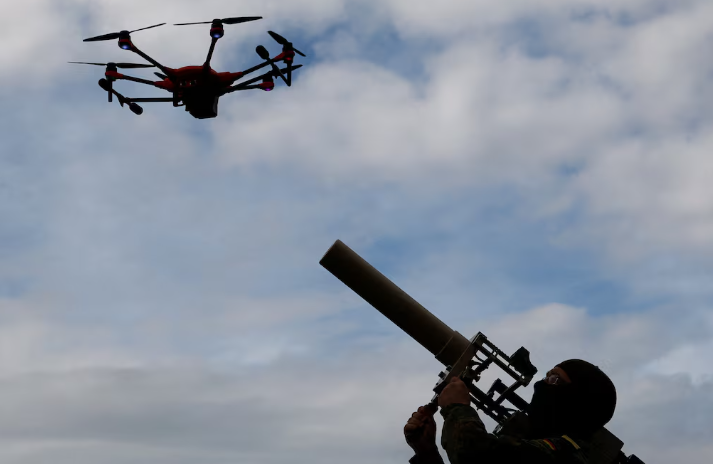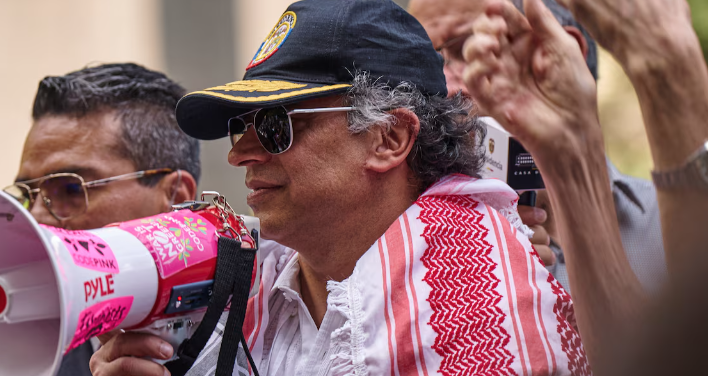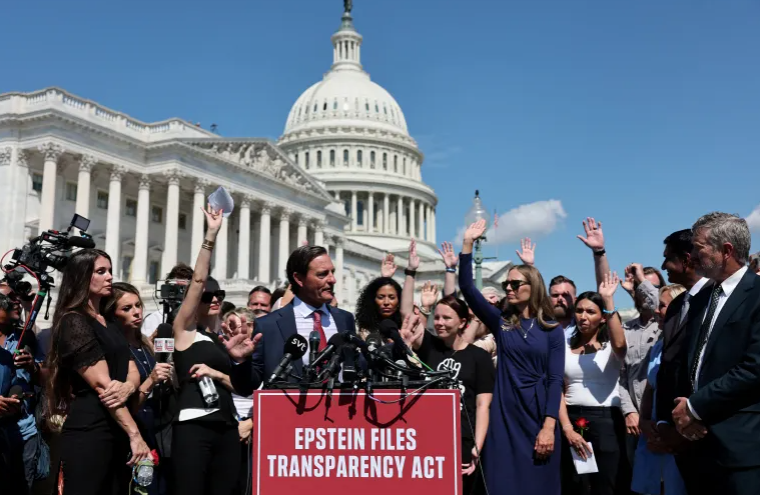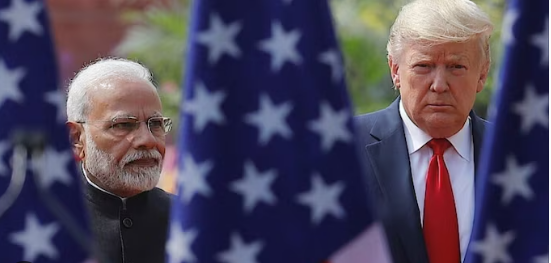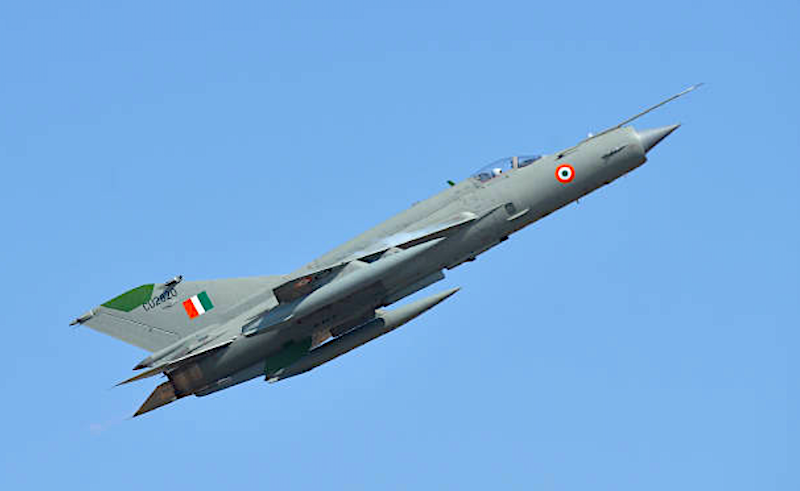WORLD NEWS
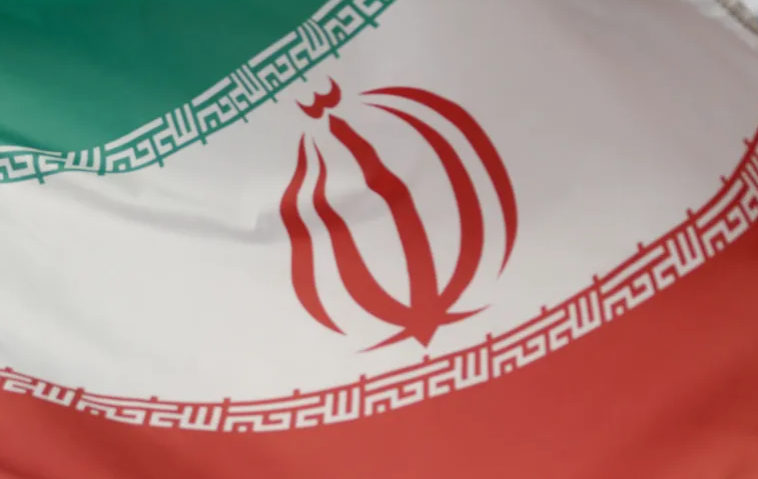
Tehran has recalled its ambassadors to the United Kingdom, France, and Germany for consultations after the three European powers (E3) triggered a UN mechanism to reinstate international sanctions on Iran for the first time in ten years.
Iranian state media reported that the move followed what Tehran described as the “irresponsible” decision of the European countries to revive UN Security Council resolutions that had been suspended under the 2015 nuclear deal. The sanctions will formally take effect at 00:00 GMT on Sunday and will restrict global cooperation with Iran in nuclear, military, banking, and shipping sectors.
The decision comes after Russia and China failed in their attempt at the UN Security Council to block the sanctions revival. Only four countries backed their draft resolution, clearing the way for the “snapback” to proceed.
The sanctions have already taken a toll on Iran’s economy, with the rial plummeting to a record low of more than 1.1 million per US dollar on Tehran’s open market.
Iranian President Masoud Pezeshkian condemned the move, accusing the US and Israel of using the nuclear issue as a pretext to weaken the Islamic Republic. “If the goal had been to resolve concerns on the nuclear programme, we could easily do that,” he said, insisting that Iran will never pursue nuclear weapons.
Western powers, however, argue that Iran has failed to meet its obligations, including transparency over nuclear sites damaged in Israeli and US strikes during a June conflict. The International Atomic Energy Agency confirmed limited inspections but did not specify whether bombed sites were included.
The US envoy to the Middle East, Steve Witkoff, defended the decision, calling snapback “the right medicine for what’s happening,” while Russia dismissed the move as “null and void.”
Israeli Prime Minister Benjamin Netanyahu, in a UN speech, urged swift enforcement of sanctions and suggested that Israel remained ready to strike Iran’s nuclear program.
Meanwhile, Iran’s Revolutionary Guard Corps renewed its call for “active and smart resistance” against Israel and the US, as Tehran marked the first anniversary of the assassination of Hezbollah leader Hassan Nasrallah in Israeli airstrikes on Beirut.
In a separate development, Iran’s judiciary announced that four Iranians had been convicted of spying for Israel’s Mossad and the outlawed MEK group. Two were sentenced to death, while two received life imprisonment.
The sanctions snapback highlights renewed international pressure on Iran, rekindling tensions over its nuclear program and regional role as Western powers, Israel, and Tehran brace for further confrontation.
